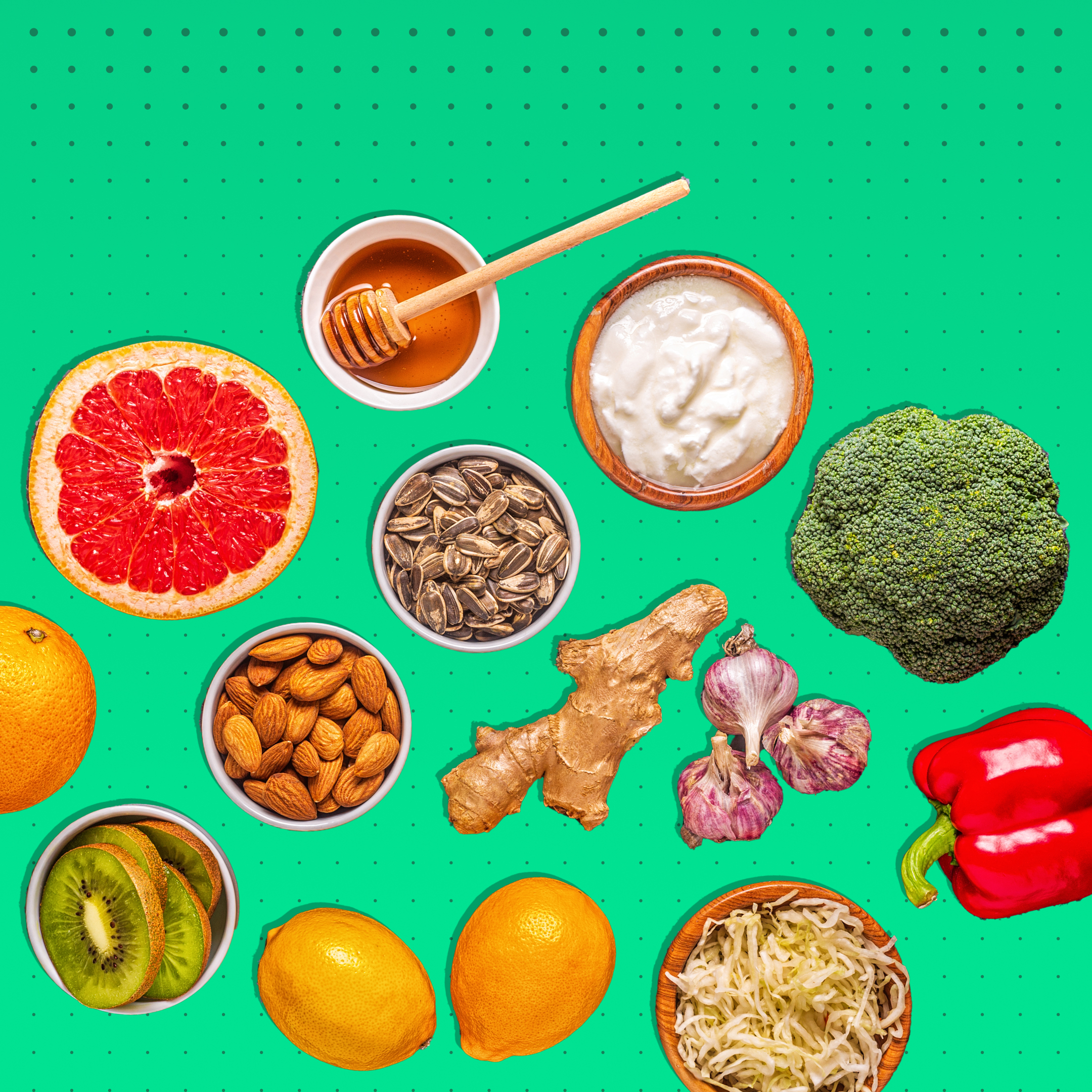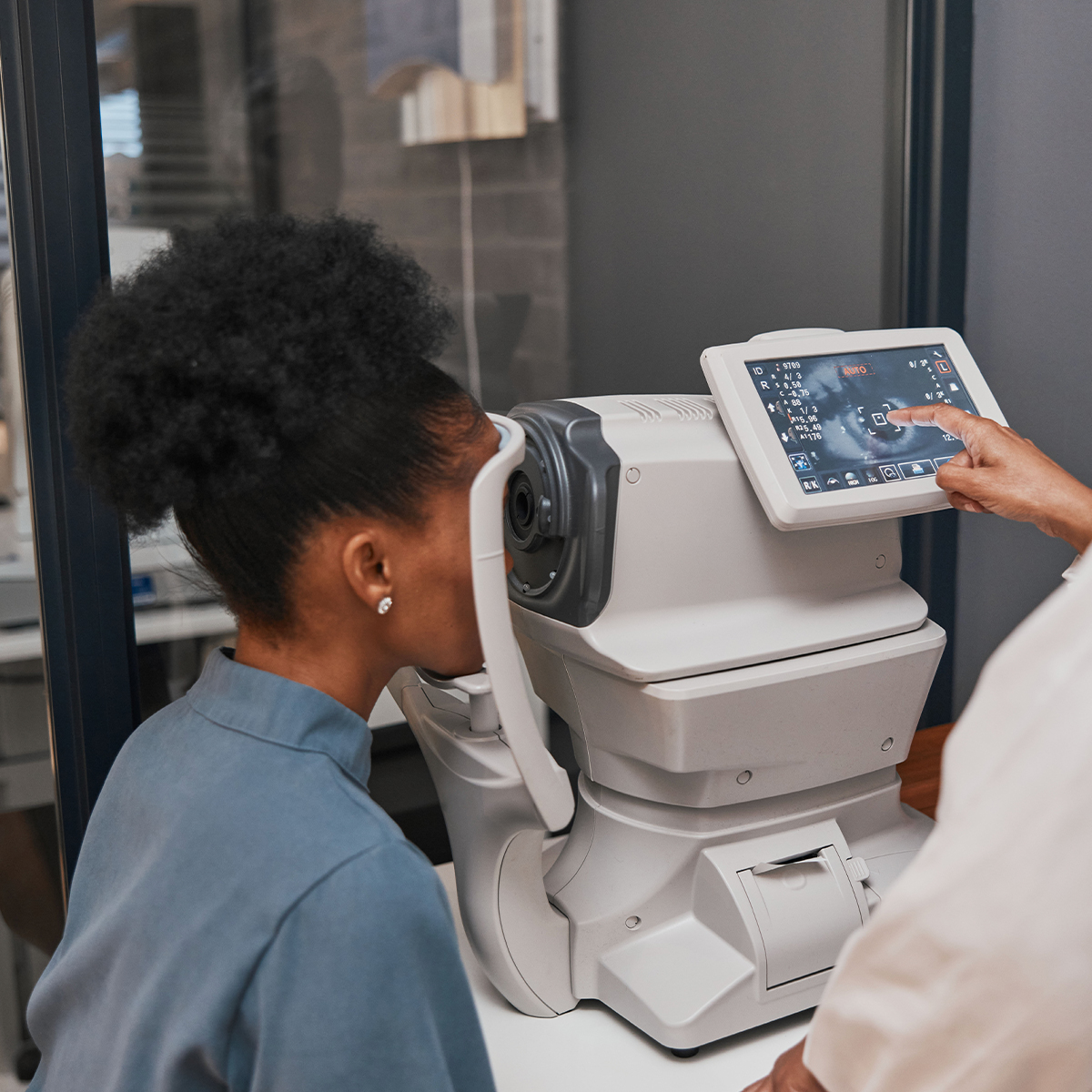March is National Nutrition Month, and what better time to focus on the sustenance that supports our sight? Twin Cities Eye Consultants is here to guide you through the grocery aisles to pick out the foods that pack a punch for eye health. A balanced diet rich in specific nutrients can help safeguard your vision and may slow the progression of age-related eye conditions.
Lutein and Zeaxanthin: Your Retinal Shield
Let’s talk about lutein and zeaxanthin first. These two nutrients are like the bodyguards of your retina, offering protection against the damage from light exposure.
Where to Find Them:
- Leafy Greens: Spinach, kale, and other leafy vegetables are loaded with these nutrients.
- Colorful Produce: Think corn, orange bell peppers, and persimmons for a delicious lutein boost.
- Nuts and Eggs: A handful of pistachios or an omelet can also contribute to your daily intake of these vital nutrients.
Omega-3 Fatty Acids: The Building Blocks
Omega-3 fatty acids are essential for cell membrane integrity in the retina and also play a role in preventing dry eye syndrome.
Good Sources Include:
- Fatty Fish: Salmon, mackerel, and sardines are excellent sources of omega-3.
- Nuts and Seeds: Flaxseeds, chia seeds, and walnuts can up your omega-3 intake if you’re vegetarian or allergic to fish.
- Plant Oils: Incorporating avocado oil or olive oil into your diet can also provide this essential fat.
Vitamin C: Your Antioxidant Ally
Vitamin C is a potent antioxidant that the body cannot produce on its own, so it’s imperative to include it in your diet.
Where to Get Your C:
- Citrus Fruits: Oranges, grapefruits, and lemons are classics for a reason.
- Berries and Tropical Fruits: Strawberries and kiwis pack a tangy punch.
- Vegetables: Red peppers and broccoli are not only rich in vitamin C but also add crunch and color to your meals.
Vitamin E: The Protector
Vitamin E is another antioxidant that protects the eyes from free radicals.
Rich Sources:
- Nuts and Seeds: Almonds and sunflower seeds are snackable sources of vitamin E.
- Plant Oils: Wheat germ oil is particularly high in this nutrient, along with sunflower and safflower oils.
While you enjoy a diet rich in these nutrients, remember that they’re part of a broader healthy lifestyle. Combine them with regular eye check-ups and protective measures like sunglasses when outdoors. Ready to start your journey to better eye health? Schedule an appointment.




